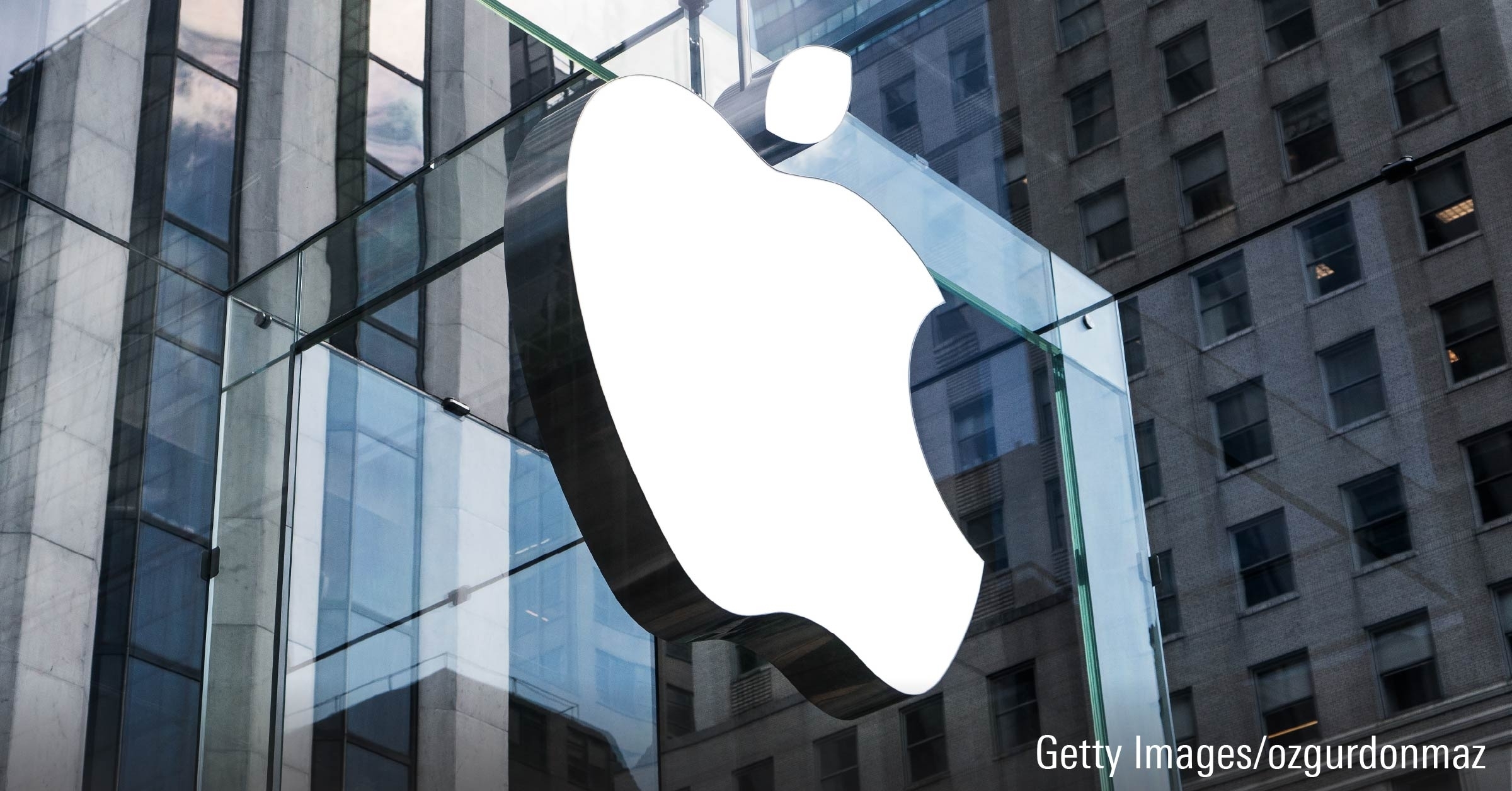Holly Black: It's back to school week at Morningstar and to help cover all the investment basics we have brought back our team of young experts. Luckily, they are as good at technology as they are at grilling our analysts.
Isla Shaftain: Hello. My name is Isla Shaftain. And today, I'll be talking with Elizabeth Stuart about ESG investing. Hi, Elizabeth.
Elizabeth Stuart: Hello.
Shaftain: Okay. To start off with, the S in ESG stands for social. So, what does this mean when it comes to investing in companies?
Stuart: Exactly right, yeah, it stands for social – so, environmental, social, governance. This means that we expect companies to be treating their employees and the communities all around them with respect and to be a responsible employer that has a generally positive effect on our society as a whole.
Shaftain: Okay. Thank you. So, why is it important to consider these things?
Stuart: Yeah. Well, we certainly don't want to be rewarding companies that are making more money from treating people badly. We want to ensure that everyone is being paid fairly for the work that they do and that they have a nice environment to go to work in every day. Also, if companies aren't treating people with respect, you can almost guarantee that there's a lot more wrong with the company. So, it makes them a little bit of a risky buy. And in investing we kind of generally want to stay away from those risky companies.
Shaftain: Of course. Can you give me an example of a company that is doing well?
Stuart: Yeah. During the pandemic, many UK clothing companies stopped their normal production and they started making clothes and protection for our NHS workers to keep them safe. So, an example of this was Barbour. They use their factory and the expertise of their staff to design, make and distribute scrubs and other protective equipment during the pandemic to help the doctors and nurses stay safe.
Shaftain: What about a company that is doing badly in these aspects?
Stuart: You might have heard of Boohoo.com. They make what's called faster-than-fast fashion. So, it's clothes that are sold quickly, cheaply and they go out of fashion almost immediately. We found that here in the U.K. they were using factories that didn't pay people enough. They didn't pay people even the legal amount and they didn't provide a nice place to work or a safe place to work. And we find that (unacceptable).
Shaftain: Okay. Thank you for your time, Elizabeth. For Morningstar, I'm Isla Shaftain.






.png)










